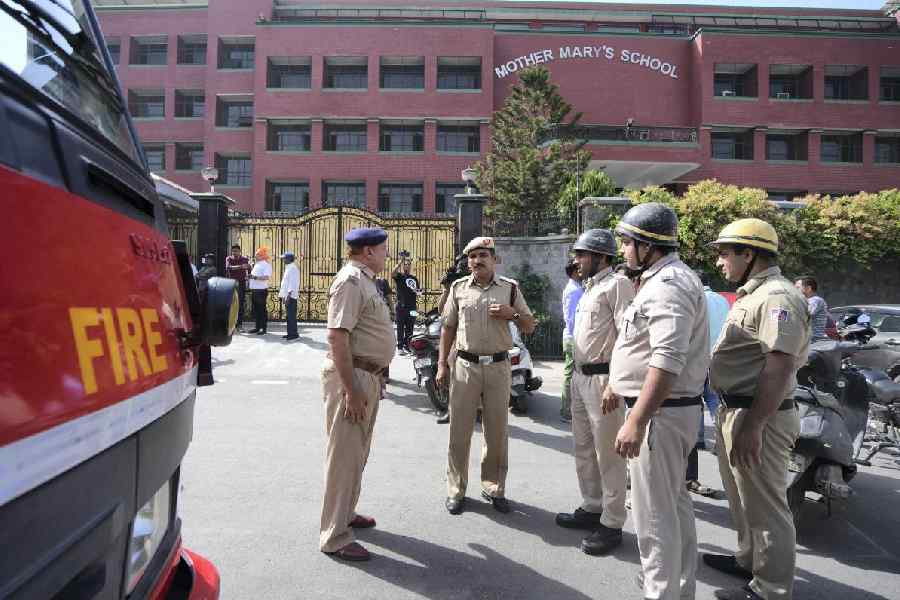To err may be human, but negligence may, at times, be more than just a benign error. In the field of medicine, negligence that impairs the life of patients or, worse, results in their demise leads to a deficit in trust that mars the sacred doctor-patient relationship. Dishearteningly, nearly five million lives — according to an estimate by Harvard University — are lost in India annually on account of medical negligence. Cases of misdiagnosis, delayed intervention, botched surgeries and so on are not exactly uncommon. Legal deterrents exist: aggrieved parties can seek damages against erring doctors from consumer courts as well as under various sections of the Indian Penal Code. But so do challenges. Few errant doctors have been prosecuted in spite of the burgeoning number of cases. A recent Right to Information inquiry revealed that only one doctor has been convicted of medical negligence in the past three years. It is thus heartening that a proposed amendment to the National Medical Commission Act, 2019, will now allow the incorporation of a provision for patients and their families to file an appeal against the decision of the State Medical Council in matters of medical negligence. Only medical professionals are allowed to file such appeals at present.
It must be noted that the NMC was enacted by the Narendra Modi-led dispensation with the aim of reforming the medical profession and providing care to the disadvantaged. However, in spite of a Supreme Court ruling in 2003, the Ethics and Medical Registration Board under the NMC has continued to overlook claims by aggrieved patients citing the lack of provisions. The amendment, it is argued, would ensure accountability of medical practitioners. But there is also a case for broader structural changes — instituting medical tribunals and the nationwide adoption of the Clinical Establishments Act may ensure fool-proof medical service.










